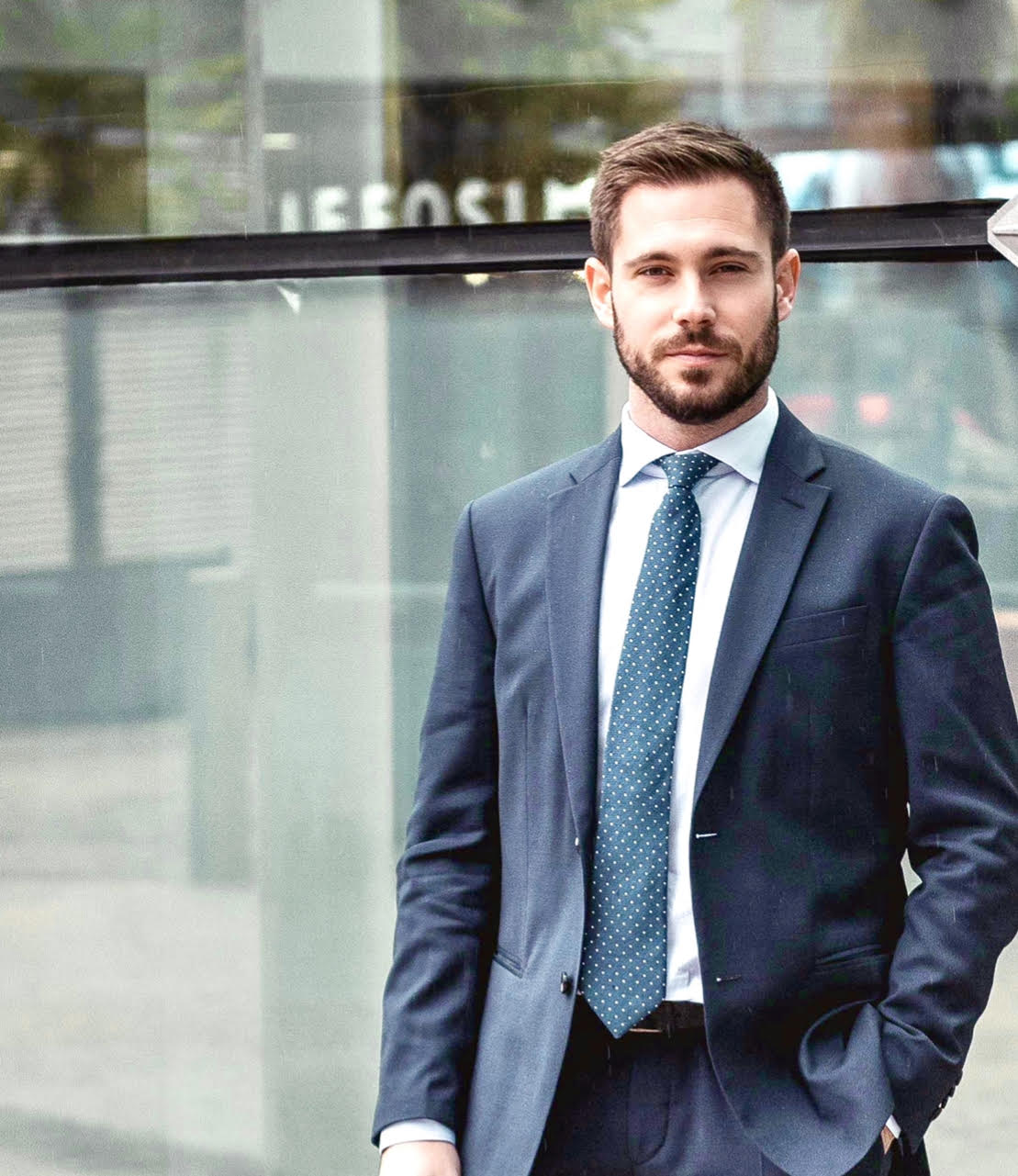Andrés Ruiz Pérez: “The post COVID-19 lawyer is a Business lawyer”

Andrés Ruiz Pérez is the founder of Todojuristas.com, a website that this year alone has managed to get more than 400,000 visits and has 30,000 followers on social networks. This 29-year-old young lawyer, specialized in Privacy and New Technologies Law, combines his business side with his work as a lawyer in the legal boutique Metricson
 Todojuristas.com offers information and useful tools to support the incorporation of young lawyers into the Labour market and to accompany them throughout their professional career. For this reason, from Iberian Lawyer, we wanted to know more about this hybrid lawyer who combines technical-legal skills and business vision to ask him what, in his opinion, will be the keys to the job market that will mostly affect the young lawyers, in the post-COVID-19 scenario.
Todojuristas.com offers information and useful tools to support the incorporation of young lawyers into the Labour market and to accompany them throughout their professional career. For this reason, from Iberian Lawyer, we wanted to know more about this hybrid lawyer who combines technical-legal skills and business vision to ask him what, in his opinion, will be the keys to the job market that will mostly affect the young lawyers, in the post-COVID-19 scenario.
What do you think will happen in the legal market in the next few months? What are the concerns of young lawyers at the moment?
The extent of the coming crisis is certainly unpredictable. All economic sectors have been affected and in our sector, many firms have already opted for temporary layoffs (ERTEs), dismissals, wage freezes or the cancellation of bonuses and dividends distribution. I hope I am wrong, but I believe that we are a very massive sector that can be very punished, although there are specific areas such as Labour, Bankruptcy or Procedural law that will experience a high demand. Regarding young people who were starting their careers, this situation leaves us in a very weak position and we are aware of this. We are the generation that entered the Labour market during the last financial crisis – with the contraction of public employment and the brake on hiring – and we are the ones who are now suffering most from ERTEs and layoffs. This lack of professional continuity means that most of us are having difficulties in facing a stable life project. With regard to younger people who are looking to enter the Labour market at this time through internships or scholarships, it is very difficult to predict what will happen. What is clear is that firms are at this moment reluctant to incorporate personnel in most of their practise areas and their generalized policies are to stop hiring.
What skills do you think the market will demand from young lawyers?
In my opinion, a lawyer should always start from a vocation of excellence from the legal point of view. As legal professionals, we must always seek the highest technical quality in all the work we are tasked to do, taking the utmost care with any oral or written expression. Is that enough? Not in my opinion. The post-COVID-19 lawyer is a business lawyer, a professional who must know his client’s business in-depth and must be comfortable with achieving commercial, billing and business development objectives within his area. Among other issues, the lawyer must possess managerial skills, organizational leadership to manage high-performance teams, knowledge of business development from the strategic, commercial and financial point of view, knowledge of marketing and sales, knowledge of project management and also have an entrepreneurial mindset and skills related to the use of technology. What will be the most sought-after legal specializations in the future? I believe that the future of our profession lies in specialization in economic or industrial sectors and not so much in areas of law or legal areas. We lawyers must put the client at the center of the equation once and for all, just as other sectors of activity do. The client is increasingly demanding and is looking for a lawyer who specializes in his business, whether he is a businessman, a Tax specialist or a Labour lawyer. For example, a sports company is looking for a lawyer with transversal knowledge, who knows the Corporate regime and the peculiarities of the taxation of sports entities, the employment relationship of professional sportsmen and women or how to address the Sports Arbitration Courts (TAS) or Royal Federations. According to this approach, to answer this question we should ask ourselves which economic sectors will be most relevant in the future? Robotics, artificial intelligence, digital banking, clean energy, e-commerce, multimedia/audiovisual sector, etc.
To read the interview in full please click here.












